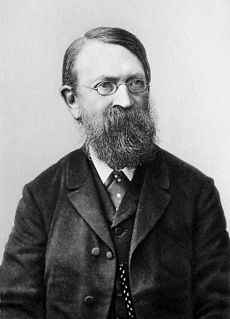Room temperature mechanical swaging of metallic powders allows the flexible synthesis of fully consolidated, chemically reactive composite powder compacts that can retain nearly the full strength, toughness, density, and machinability of their bulk parent elements. By means of post-mortem soft-catch and recovery of fragmented powder compact projectiles, we evaluate the potential to alter the impact fragmentation characteristics in pure aluminum powder compacts by controlling only the initial powder size and degree of mechanical swaging during processing. Varying these two factors achieves a wide range of quasi-static strength and toughness; both ductile and brittle materials can be produced. Fragmentation behavior generally correlates with toughness—brittle metals fragment aggressively—but here the combination of higher initial powder size and high degree of swaging provides more thorough projectile mass fragmentation while maintaining high quasi-static toughness and ductility. Additionally, we discuss impact generated fragment shape across equivalent sizes from 50 μm to 5 mm and the consequences of shape variation in complex fragmentation events (such as projectile impact) on volumetric statistics in image-based fragment analysis.

